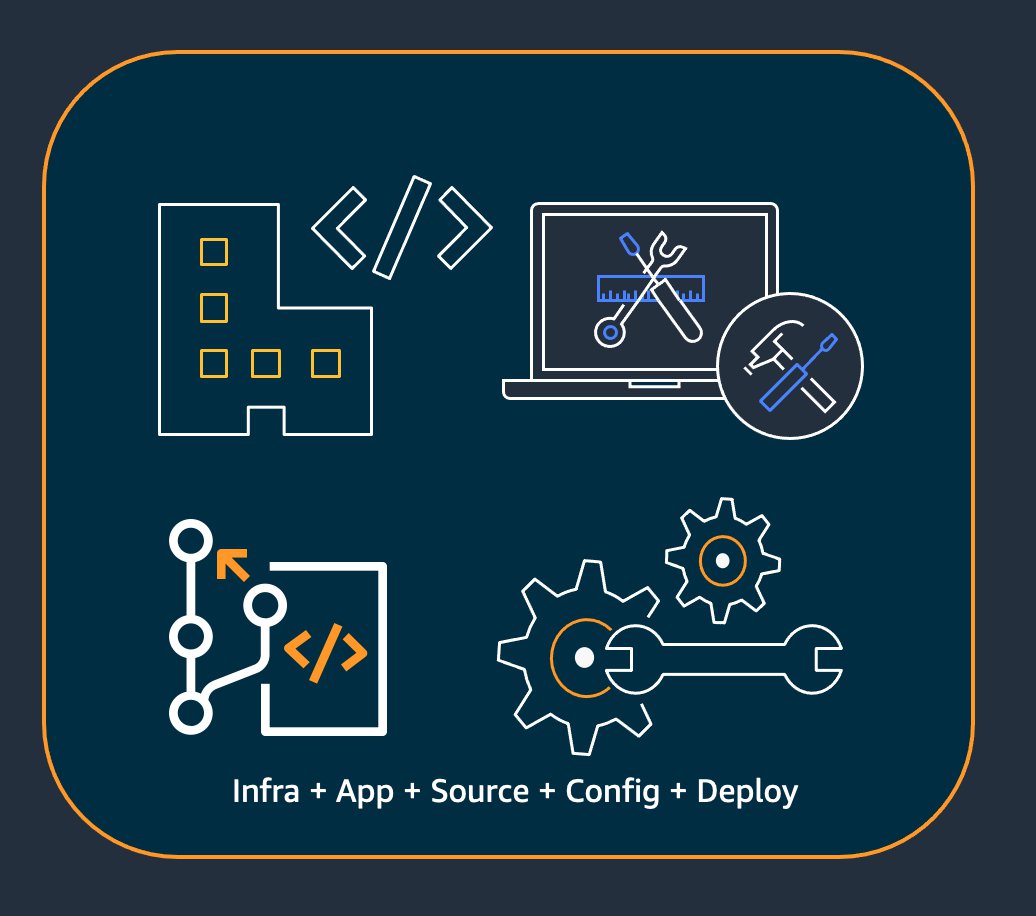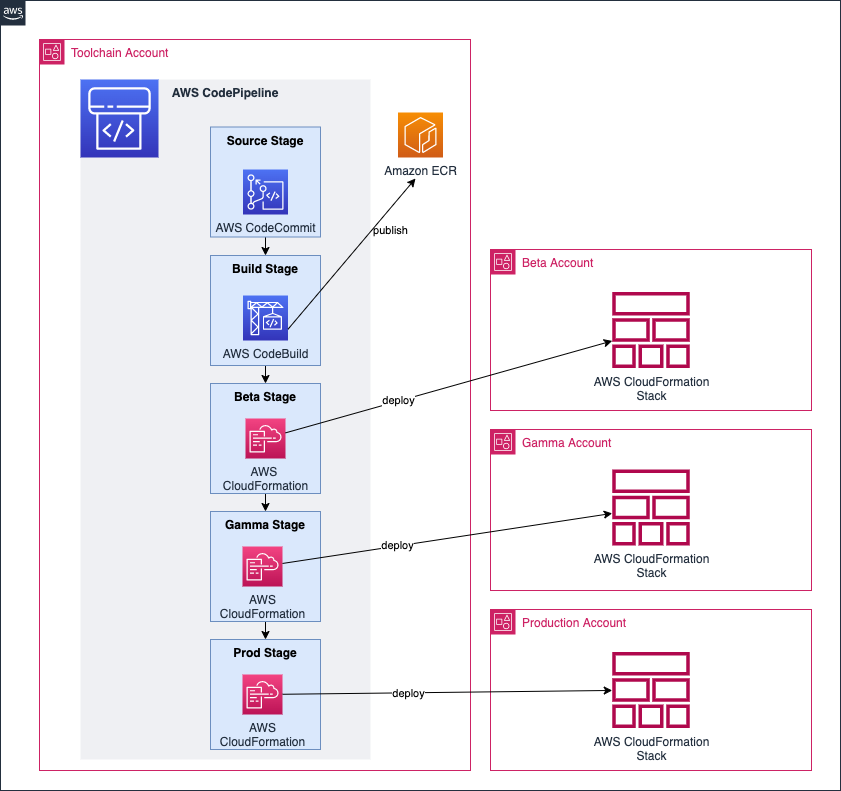What CDK actually costs (and it ain't just CloudFormation operations)
CDK itself is free, sure. CloudFormation operations for AWS resources are free - you only pay $0.0009 per operation for third-party extensions, and most people never use those. As of September 2025, these prices haven't changed in years. The real cost isn't AWS charges, it's developer time - and with senior engineers averaging $150-200/hour in 2025, those slow deployments get expensive fast.

Where CDK actually costs you money
Deployment time is brutal. CDK deployments take forever. Sometimes 15 minutes, sometimes an hour if CloudFormation decides to have a bad day. Asset bundling is the worst part - it can take ages even for tiny config changes. I've sat there watching "UPDATE_IN_PROGRESS" for 45 minutes just to change a Lambda environment variable because CDK decided to rebuild everything. AWS recently introduced optimistic stabilization to help, but CloudFormation is still fundamentally slow.
Learning curve is expensive. If your team knows TypeScript, budget a few weeks to get comfortable. If they don't know TypeScript OR AWS well, you're looking at months of productivity loss. The learning curve is genuinely steep, and teams struggle with CDK granularity decisions initially. I watched a senior engineer spend 3 days trying to configure a simple S3 bucket because the CDK construct documentation assumed knowledge they didn't have.
Debugging is a nightmare. When CDK fails - and it will fail - you get CloudFormation errors that don't map cleanly to your CDK code. "Resource handler returned message: User arn:aws:iam::123456789012:user/MyUser is not authorized to perform: sts:AssumeRole" doesn't tell you which line of TypeScript caused it. The official troubleshooting guide helps, but expect 30-60 minutes per failure just figuring out what went wrong.

Asset bundling breaks randomly. CDK's Lambda bundling is fragile. One day it works, next day it can't find a dependency that's clearly in package.json. Common bundling issues include dependency resolution failures and Docker bundling problems. You'll get helpful errors like "bundling failed with exit code 1" - thanks, that narrows it down. CDK fails in creative ways - like when it decides your Lambda needs a 2GB container for a 5-line function. I've had entire deploy pipelines break because of Python packaging issues in Docker containers CDK manages.

When CDK doesn't suck
CDK stops being painful when you:
- Have tons of AWS resources that need to talk to each other (think 50+ resources, not a simple API)
- Build the same patterns repeatedly - second CDK project is way easier than the first
- Already know TypeScript well - the IDE autocomplete actually helps
- Deploy infrastructure frequently enough that the slower deployments are worth better development experience
CDK shines when you're building complex stuff. I worked on a system with 200+ Lambda functions, multiple VPCs, and a nightmare of IAM policies. CDK's type checking caught so many permission errors before deployment that it probably saved weeks of debugging. But that's for genuinely complex systems, not your typical web app.
When CDK is expensive overhead
Don't use CDK if you:
- Have simple infrastructure (a few Lambdas and an RDS instance)
- Don't know TypeScript - the learning curve will kill your productivity
- Rarely change infrastructure - slow deployments aren't worth it for quarterly changes
- Need multi-cloud support - CDK locks you into AWS forever
Real example: I watched a team spend a month trying to deploy a basic WordPress site with CDK. They could have done it in CloudFormation in a day, or Terraform in a few hours. CDK made a simple problem complicated because they wanted to use "modern" tooling.
What's actually improved recently
CDK got some updates that help:
- Better EKS integration that doesn't rely on custom Lambda resources - finally
- More construct libraries so you don't have to write everything from scratch
- Slightly better error messages (still cryptic, but less cryptic)
What still sucks:
- CloudFormation is still slow as molasses - CDK can't fix that
- Asset bundling is still a pain in the ass
- You're still locked into AWS forever - no multi-cloud escape hatch
The productivity reality
CDK helps when it works:
- IDE autocomplete prevents stupid config mistakes
- Type checking catches errors before you wait 20 minutes for deployment to fail
- Reusable constructs mean you write the pain once, reuse everywhere
- Programming patterns make more sense than YAML hell
CDK hurts when it doesn't:
- Deploy feedback loops are painfully long - kills development flow
- CloudFormation errors require digging through AWS console to understand
- Asset bundling failures have error messages written by sadists
- Learning curve eats weeks of productive time
Let's talk real money
CloudFormation operations cost pennies. The real cost is developer time:
CDK deployment reality:
- Anywhere from 15 minutes to an hour depending on what AWS decides to break today
- Another hour minimum when stuff goes wrong (and it will go wrong)
- Multiply by developer hourly rate - that's your real CDK cost
Terraform comparison: Way faster deployments, clearer errors, but uglier to write. Detailed CDK vs Terraform comparisons consistently show Terraform's performance advantage.
Raw CloudFormation: Predictable and cheap, but you'll want to quit programming
CDK only makes financial sense if you're building enough stuff to amortize the pain across multiple projects.
Here's what actually happens with CDK - knowing when to use it isn't about specs on paper. It's about understanding what you're signing up for. Let's talk real money and see where CDK wins versus where it makes you want to quit.



